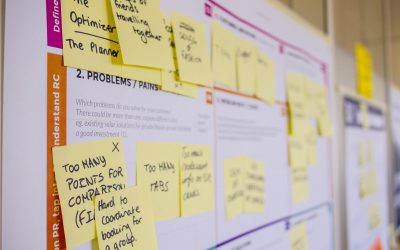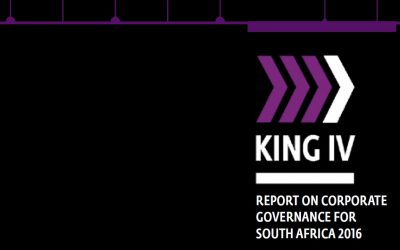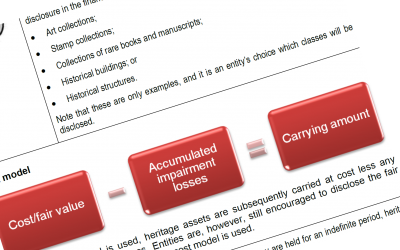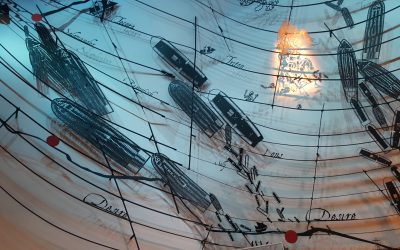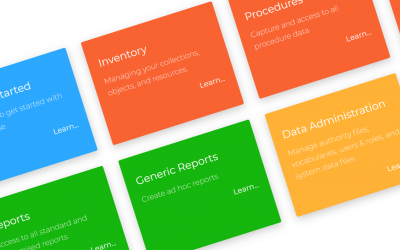ether
Contact Us!
Call: (082) 881 – 0380
Email: roger@rl.co.za
Visit: www.ether.co.za
ETHER Training Programme: Educational Engagement and Lesson Planning for Museums
Our Training Series Training sessions will include 8-12 hours of training interaction, coupled with practical work which you will conduct on-site. These will commence on 15 February 2021: Lesson Planning for Museum EducationBuilding Museum Web Sites using...
Inventory In Collections
All museums must have an up to date and accurate inventory of their collections and other items. Is this true for your museum? The importance of Inventory The Spectrum 5 procedure for Inventory defines this as “Making sure you have the basic information to be...
Social Media and Digital Marketing for Museums and other Heritage Institutions
ETHER Education as a programme of The ETHER Initiative would like to introduce you to our new workshop called Social Media and Digital Marketing for Museums and other Heritage Institutions. As the generation of the Millenials is now making room for the I-Gen...
ETHER Research a new programme under ETHER Initiative!
We at ETHER Initiative have come to the conclusion that it is important to get a better understanding of the Heritage sector in South Africa. Much has happened in the 25 years since democracy began and in this time span, many aspirations were put forward to...
King IV for Museum Governance
Museums carry much of the most important of our human history and our knowledge of the world. It is essential that museums are governed under the best practices possible, and that the Board Members, both individually and collectively, can rise to be the best. We have...
The ETHER “One Museum”
The Concept of the One Museum We, as the world's museums, should make our collections more accessible to the user community, by creating a single point of entry - which we call the "One Museum". Dr Roger Layton presented a paper on this topic at the SAMA National...
Is there a GRAP 103 button?
All museums in the public sector have struggled with the implementation of GRAP 103 in the past few years. The has resulted in qualified audits for many museums, and the consequent perception that the museum is not well-run. I ask in this article whether you should...
See us at SAMA 2018
SAMA 2018 takes places at the new National English Literary Museum building in Grahamstown from 22-26 October 2018. We will be showing our new ETHER Base 2.1, Spectrum 5-compliant, collection management system, and also discussing our training offerings for museums....
ETHER Base V2.1 is Spectrum 5 compliant
We are happy to announce that ETHER Base V2.1 has become one of only three Collections Management Systems (CMSs) in the world which meet the strict requirements for Spectrum 5. ETHER Base has a unique design among the range of CMSs available throughout the world,...
Museum of the Future – Virtual Reality
What will museum of the future look like? There are some amazing new technologies which can help to bring the museum experience to the modern user, and especially to the youth who mostly expect everything to be digital. In this series of articles I will highlight some...
What We Do
The ETHER Initiative offers a wide range of products and services within the scope of heritage management.
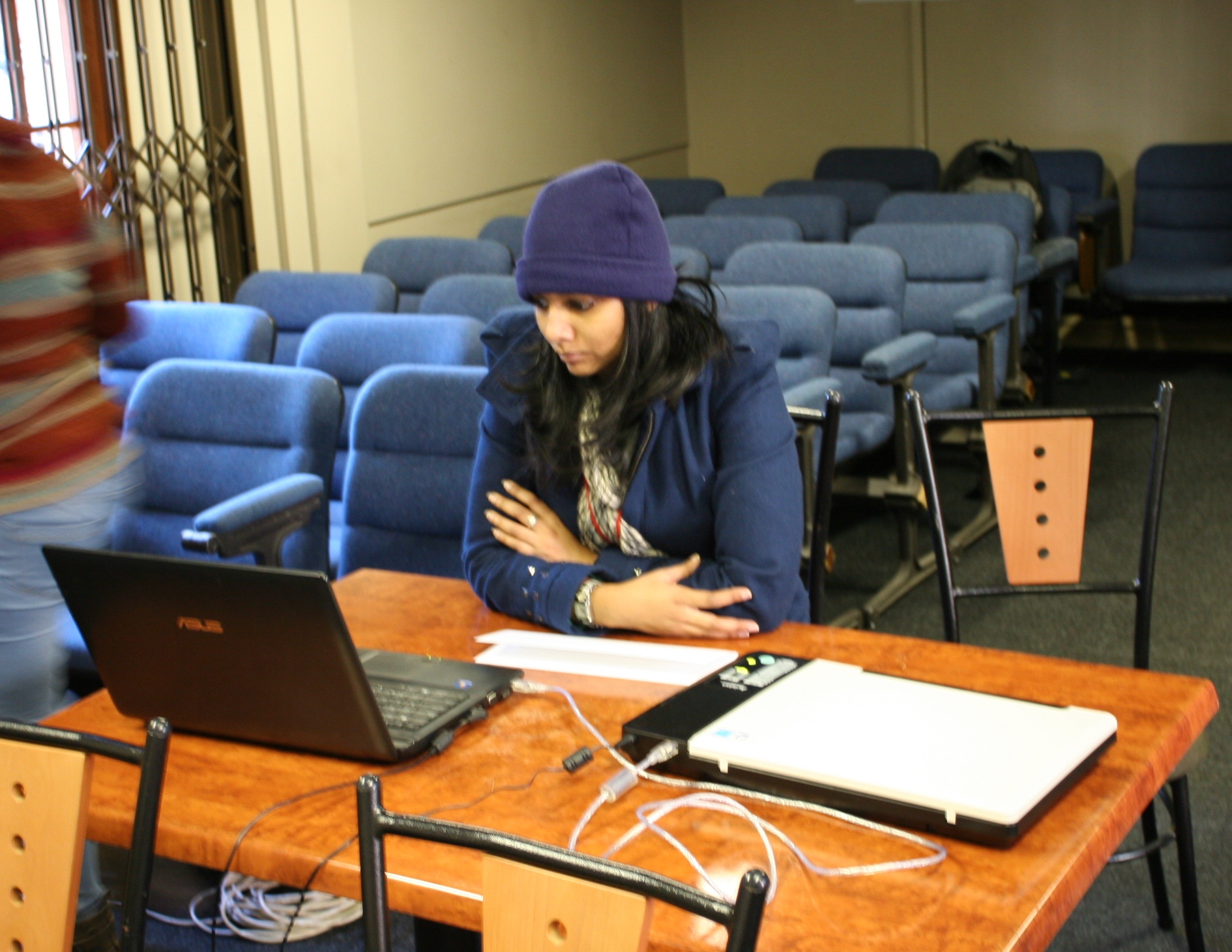
Collection Management
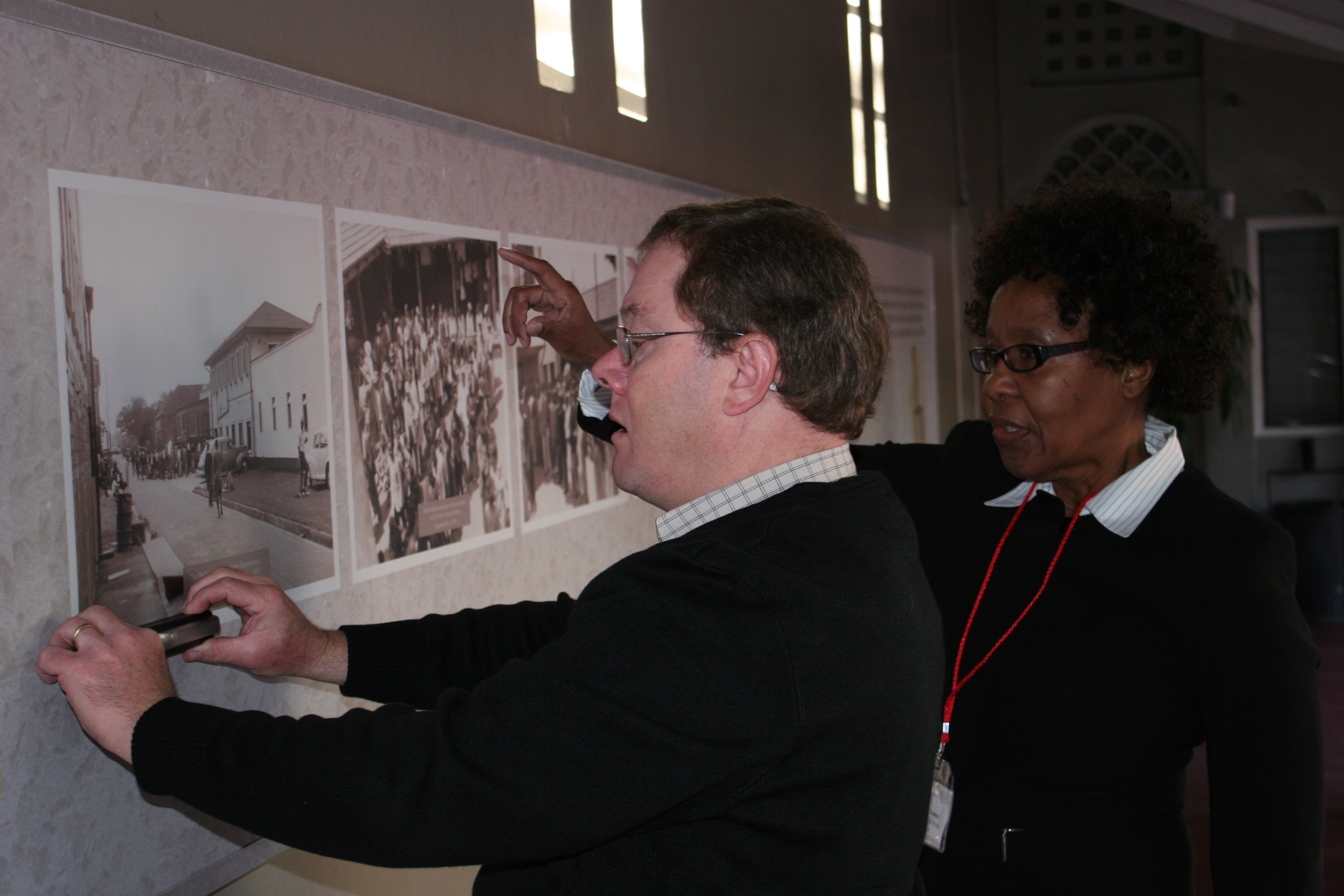
Training and Workshop
- SPECTRUM for best practice collection management(2 days)
- Fixing your Storage: Best Practices for Storage Management
- Archiving(3 days) with Pétria Marais
- Photograph and Film Preservation
with Estelle Liebenberg-Barkhuizen - Governance of Heritage Institutions
- Principles of Digitisation
- Digitising Heritage Collections(2 days)
- Project Management for Heritage Projects
- Database Development and Management for Heritage Databases(3 days)
- Computer Literacy and Digital Literacy
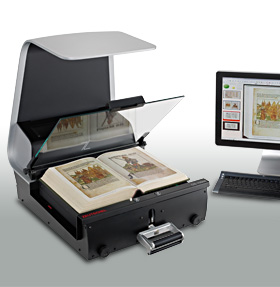
Digitisation
- Creating a digitisation strategy
- Building digital repositories
- Digitisation projects and project management
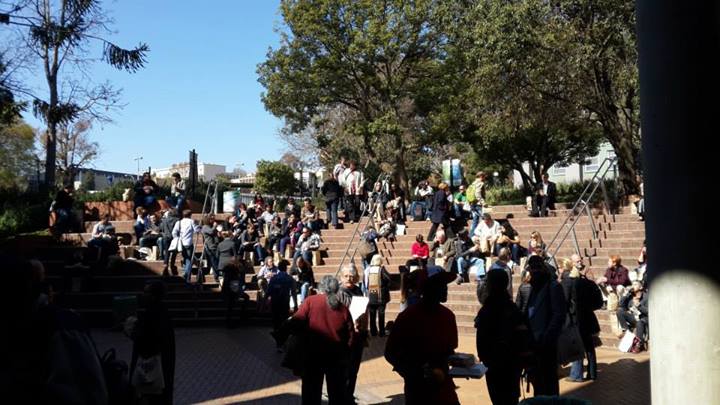
Governance
One of the priority areas of the governing body is to help to define and ratify the vision of the institution – or what it is aiming to become and for whom it provides benefits and experiences. Having a vision leads to a long-term strategy, and for heritage institutions this strategy is not required to be confined to the traditional 5-year cycle. The cycle can extend into generational planning, in particular the strategy for continuity of operations and mission between managers and curators into the future. A 50-year strategy cycle should not be out of place, given that you expect your institution to be thriving in this time frame. This is what makes heritage institutions different from any other type of business – and perhaps the biggest challenge is to create long-term sustainability.
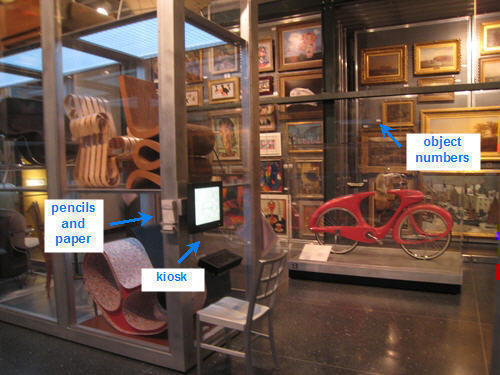
Experience
The users and visitors are those that want to gain access to these collections for various purposes—education, research, tourism, or general interest. There remains a perception among everyone, and particularly the youth, that museums are not relevant in today’s society, and they are not interesting or fun places to visit. The pre-conception of a museum being filled with old people and “dusty old shelves” is often borne out as a reality when visitors actually visit.




